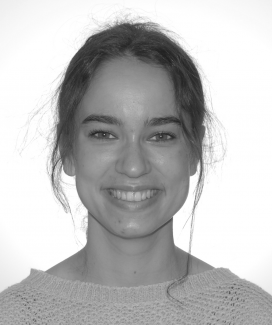Supervised classification allows to build predictive models based on complex data to help human decision making processes. It has undergone an impressive development in recent years, particularly thanks to neural networks and the use of big data. However, these methods are not relevant to use on databases in which only a few instances are available to build the model, and even less when these instances are described by a large number of features. This type of problem, called fat data, is recurrent in the medical field, in which the extraction of data on patients is costly, but provides a large amount of information for each one. Moreover, in the medical field, it is common to perfrom several types of analysis on the same patient : genomic, metabolomic, transcriptomic, etc. This type of database is called multi-omics.
The goal of this project is to use and develop multi-view classification algorithms relevant to the processing of multi-omic fat data.







